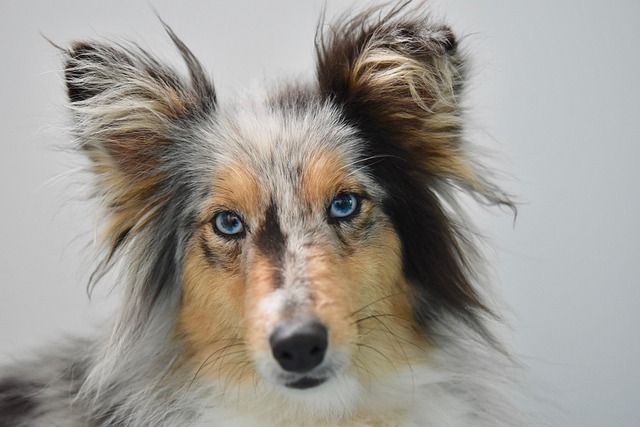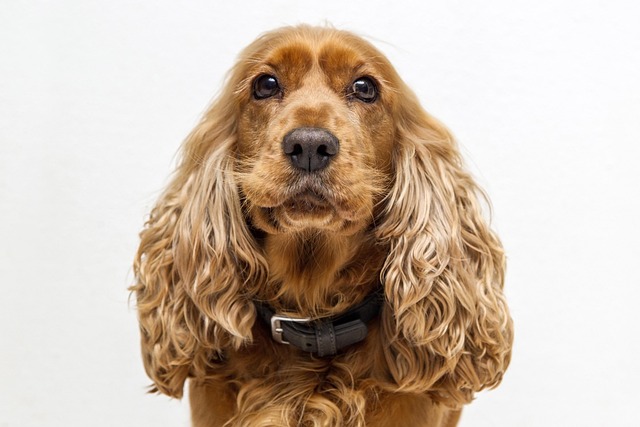The moment your new furry friend trots into your life, thoughts of potty training likely follow close behind. But expecting a set timeline for success can lead to frustration. Just like humans, every dog learns at their own pace, and understanding the factors at play helps set realistic expectations.
Age makes a huge difference. Puppies under 4 months old have tiny bladders and limited self-control. They might need to go outside every couple of hours, if not more frequently. It’s not uncommon for this age group to take 2 - 4 months of consistent training to get the hang of it. Remember, local animal control laws often emphasize proper waste disposal, so starting early with outdoor habits is both practical and responsible.
Breed traits play a role too. Intelligent and eager-to-please breeds like Labrador Retrievers may catch on faster, sometimes within a month or two with dedicated training. On the flip side, more independent or stubborn breeds, such as Basenjis or Huskies, might test your patience and take 3 - 6 months to fully grasp the concept. Each breed’s unique personality requires a tailored approach.

Training consistency is key. Establishing a strict routine—taking your dog outside first thing in the morning, after meals, and before bedtime—works wonders. Inconsistent schedules confuse dogs and prolong the training process. Using positive reinforcement, like treats and enthusiastic praise, helps dogs associate outdoor pee breaks with rewards. Many dog owners in urban areas find it helpful to combine indoor crate training, which aligns with the natural instinct of dogs to keep their den clean.
Previous experiences matter. Rescue dogs with unknown histories might carry emotional baggage that impacts training speed. They could have spent time in stressful environments where regular potty breaks weren’t possible. In these cases, it’s crucial to be extra patient. Sometimes, it takes weeks or even months for a rescue dog to feel secure enough to follow the new routine.
Health issues can slow progress. A urinary tract infection or digestive problem can cause frequent accidents, making it seem like training isn’t working. If you notice changes in your dog’s urination or bowel movements during training, consult a vet immediately. Many regions have regulations about providing proper medical care for pets, and addressing health concerns promptly is essential for successful potty training.
Don’t measure success by a calendar. Instead, focus on the small victories—a wagging tail as your dog waits by the door, or a week without indoor accidents. Potty training is a journey, not a race. With dedication, flexibility, and an understanding of your dog’s individual needs, you’ll both reach the goal of a clean home and a well-trained pup in due time.






